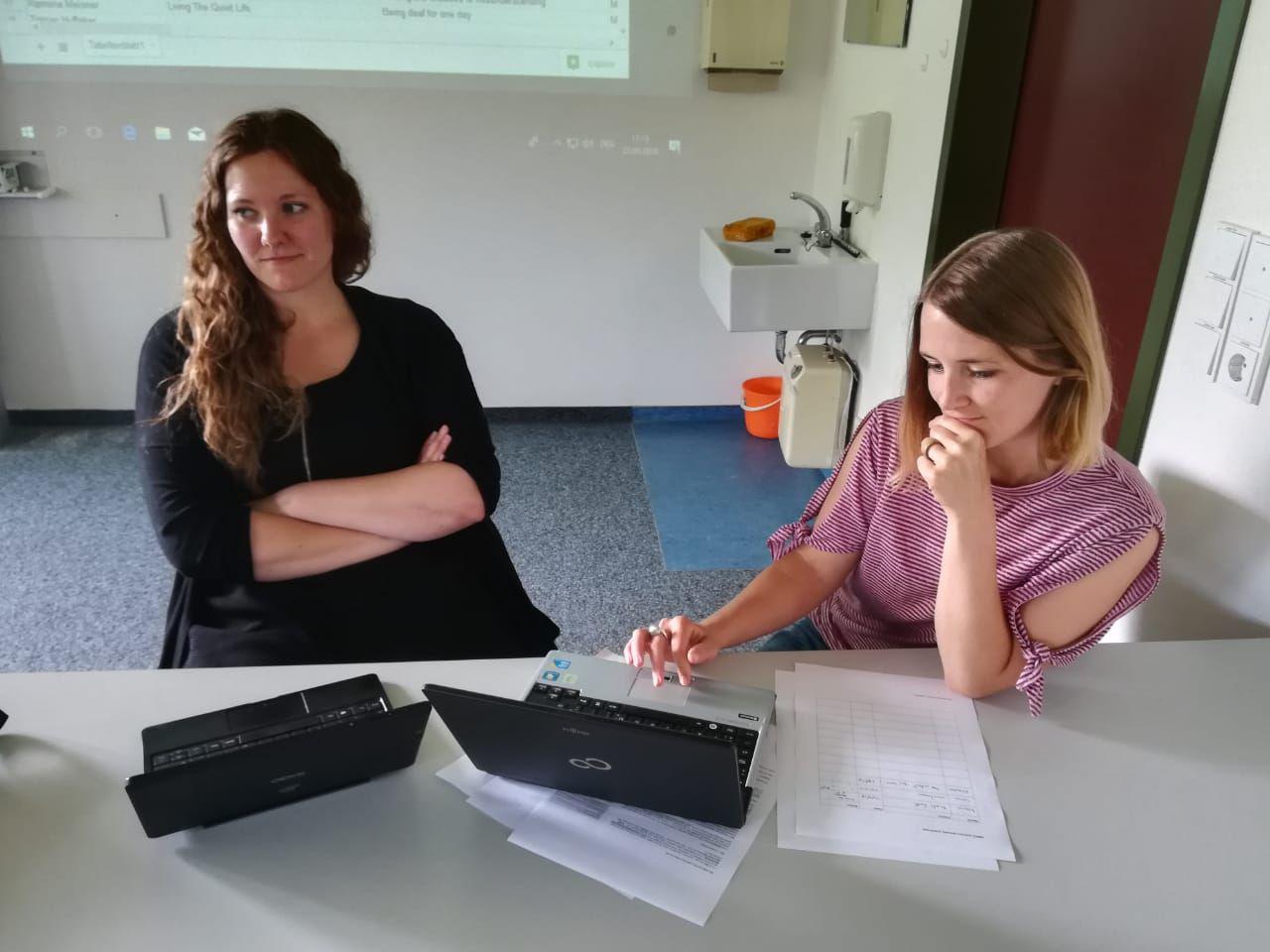Thursday, June 23, 2022. Gleeful anticipation. Finally, the German Federal Parliament announces what should be as sweet as honey in the ears of all students: The Federal Education and Training Assistance Act (in German: BAföG), which enables students to finance their education, is to be reformed and amended for the 27th time! But what does this mean?
In order to assist students in times of increasing inflation, monthly funding rates are now to rise from 427 to 452 euros. Additionally, rent subsidy for students living on their own will increase up to 360 euros. This means that the maximum funding rate a student possibly can receive jumps to a whopping 934 euros per month. But that’s not all – a one-off heating subsidy is also promised.
Well, that sounds wonderful, doesn’t it? The Federal Minister of Education and Research, Bettina Stark-Watzinger, refers to the new reform as an “encouraging trend reversal”. So, does the reformation really deliver what it promises, namely helping particularly low-income students during times of increasing prices? Spoiler alert: not really. At second glance, the so-called reformation turns out to be a real drop in the ocean.
It’s Not Enough!
First of all, one has to give credit to the government for recognizing the problems which many students are currently facing. However, what is the point of this putative help if it fails to keep its promise?
A spike in food and fuel prices, as well as spiraling heating costs hit particularly students with very low monthly income with full force. With an inflation at almost 8 percent, students will hardly feel the impact of the increased BAföG rate. Eventually, it’s only a compensation, not an increase in funding.
In addition, politicians seem to be oblivious to a severe problem, which affects students in big cities in particular: the massive surge in rental prices. Times are long gone where students had to pay little for a big room in a shared flat. Nowadays, we are talking about an average rent of 4 until 500, in Munich even 780 euros ! And it gets even worse: students who are no longer covered by family insurance and, therefore, have to come up for the student health insurance themselves will face a hefty surplus in their contribution rate in 2023. So, with all the numbers on the table, one can only realize that the calculation doesn’t add up.
Denial of Reality Par Excellence ?
It almost resembles a farce if one takes a closer look at the BAföG’s guiding principle: “a state social benefit designed to enable everyone, regardless of their social and economic situation, to pursue an education that matches their abilities and interests.”
This reads well on paper, however, an alarming study by the Joint Welfare Association1 revealed that 1/3 of all students are actually living in poverty! Fueled by inflation, with an average income of 800 euros, social participation becomes less and less possible and many students either fall into debt or see themselves forced to drop out of their studies due to financial reasons. This is the reality that we live in.
It seems, however, that the typical stereotype of students who have less money but a lot of spare time, lying back and relaxing is still manifested in our brains. We have to become aware that living in permanent existential fear doesn’t make for a good academic who contributes to society in the future.
When recapitulating this situation, one cannot help but notice clear parallels to the anthem of the Great Depression “Brother, Can You Spare a Dime” by Gorney and Harburg. The song reveals how Americans, who worked hard in order to pursue the American Dream, find themselves abandoned by their government. Deeply in despair, they feel the harsh consequences of the economic collapse. Back then, people were urged to find “honest work” in order to rebuild their nation – nowadays, we are told to go study and educate ourselves in order to contribute to society.
Certainly, our situation is not as drastic as back then – students don’t have to stand in line begging for a loaf of bread, thank God. But it still feels like having to beg for every penny in hope of receiving funding that actually helps in the current situation. So, I ask again with my hands held out: Dear BAföG, can you spare a dime?
1 source: https://www.der-paritaetische.de/alle-meldungen/armut-im-studium-30-prozent-aller-studierenden-leben-in-armut/
Author: Mariana Silva Lindner







.JPG)

 We all dread that moment at the beginning of term when the lecturer says this magic word that creates a wave of desperation in the room: “presentations”. Yes, we all hate them. Not even all lecturers are convinced of these infamous presentations, as after them the presenters will be the only ones to know about the topic. We all try to be nice and not look too annoyed. But don’t we all feel the same? Or, at least most of us? Rumour has it that there are indeed some people out there who like presentations. Anyway, what’s even more dreadful for most of us is the lecturer telling us: “Work in groups of two or three.” Yay, exactly what I didn’t want to do. Let’s face it – we’re all much too different, some even misanthropic, to be able to really like this kind of work. There are so many types of group members that you wouldn’t want to come across that it seems almost impossible to be lucky for once and find THE partner that really is a joy to work with.
We all dread that moment at the beginning of term when the lecturer says this magic word that creates a wave of desperation in the room: “presentations”. Yes, we all hate them. Not even all lecturers are convinced of these infamous presentations, as after them the presenters will be the only ones to know about the topic. We all try to be nice and not look too annoyed. But don’t we all feel the same? Or, at least most of us? Rumour has it that there are indeed some people out there who like presentations. Anyway, what’s even more dreadful for most of us is the lecturer telling us: “Work in groups of two or three.” Yay, exactly what I didn’t want to do. Let’s face it – we’re all much too different, some even misanthropic, to be able to really like this kind of work. There are so many types of group members that you wouldn’t want to come across that it seems almost impossible to be lucky for once and find THE partner that really is a joy to work with.